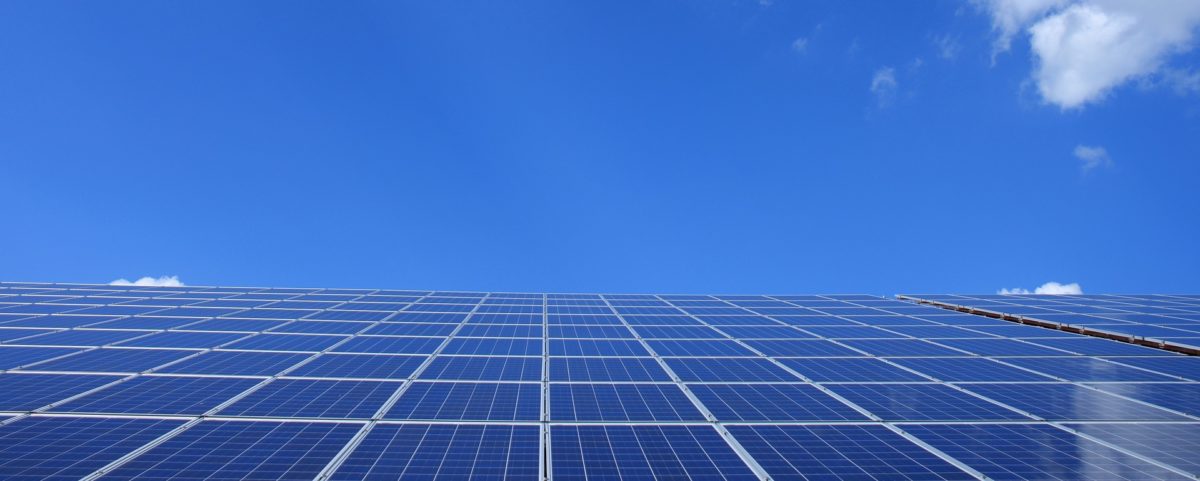By David Toke
One striking fact quoted by the Committee on Climate Change in its newly published Progress Report is that: ‘while the public are generally supportive of action to tackle climate change,
and 75% of people are concerned about climate change, just 35% of people report having heard of ‘Net Zero’ as a concept, and only half of people are aware that their gas boiler causes emissions’ (page 188).
So, barely a third of people have heard of the net zero target. But people will much better understand the concept of achieving their energy requirements from 100 per cent renewable energy. This resonates with popular ideas of being self-sufficient in energy that does not run out. Of course we need to keep the net zero target, but the target of 100 per cent renewable energy should be the headline pathway to meet that target.
Renewables fit in with the new digitalised world in which we are increasingly living. The energy system is being transformed from a clunky centralised system where consumers were just given products they have to consume to one where demand, supply and the buildings/transport infrastructure is integrated through a seamless digitalised system. This is a system where the boundaries between suppliers, system balancing, storage and consumers melt away.
Renewables fit in with this flexible world. The historical nuclear and fossil fuel industries do not. As our report on how nuclear power undermines renewables explains, in order to survive in this new world the centralised energy producers have to be given (very high) guaranteed premium prices regardless of whatever, at any given time, the price of energy actually is. This wastes energy and increases prices for everyone, including the nuclear dominated companies, such as EDF who are increasingly leaning on the French and British Governments to pay for their mounting nuclear losses.
Meanwhile the fossil fuel industries are marketing poorly understood concepts like ‘blue hydrogen’ (made from natural gas) to defend their centralised supply system. This is despite the fact that such a pathway will continue to subsidise gas fields that supply other countries around the world without any decarbonising process.
There are some enlightened organisations, such as Friends of the Earth and the Centre for Alternative Technology, who explain how net zero carbon targets wil be achieved through 100 per cent renewable systems. However the public would be much better served (and the message for zero carbon better understood) if the campaign was put the other way around; go for 100 per cent renewables for the UK which will achieve the net zero target. That’s clear from the Committee on Climate Change’s own published evidence. And the Committee on Climate Change should tell people how pointless it is to continue propping up the nuclear and the fossil fuel industries.
P.S. Thanks to Guy Newey @guynewey, on twitter, for originally drawing our attention to the quote I reproduce from the CCC report
